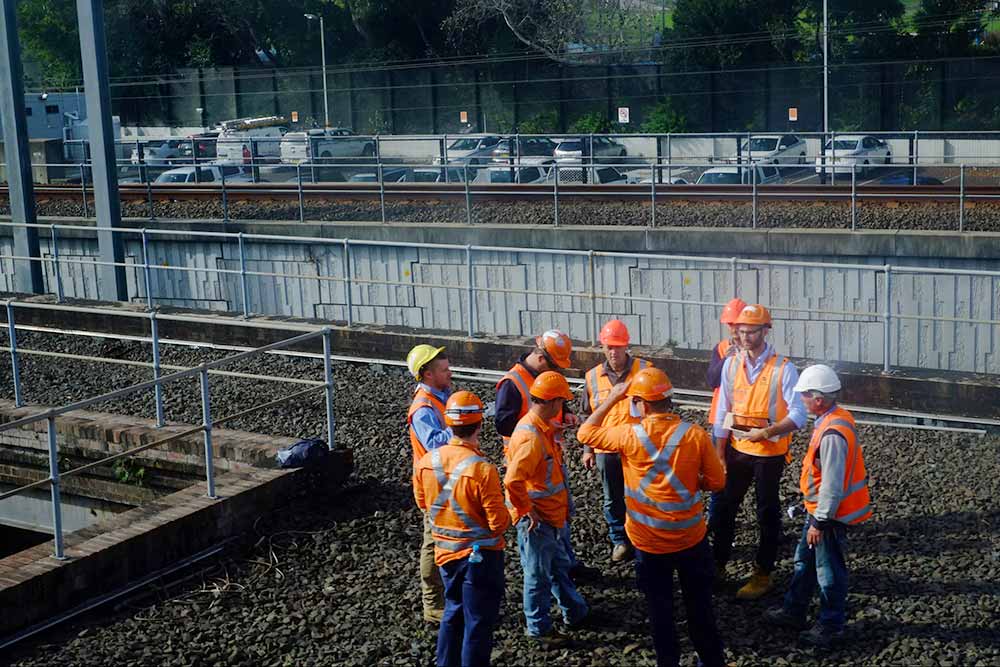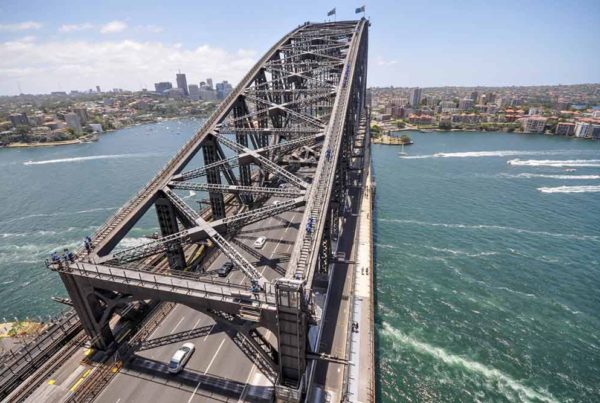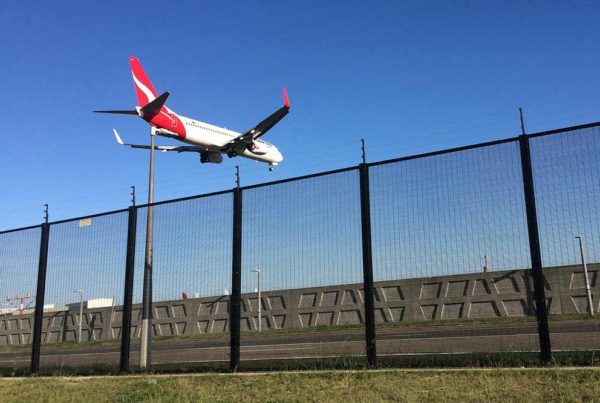
How important is rail safety? It’s “paramount”. Image: Shawn Sijnstra
With billions of dollars being invested into the Australian rail sector over the coming years, the industry’s already strong focus on rail safety is going to be increasingly important.
More and more passengers are using rail transport every day, and passenger numbers are predicted to increase substantially over the coming years. Continued growth in the freight sector will also make considerable contributions to Australia’s economic growth, productivity and prosperity.
Expanding Australia’s light and heavy rail networks will provide vital transport links across the country, helping to meet the demands of our increasing population, while simultaneously reducing road congestion, improving road safety and decreasing greenhouse gas emissions.
Of course, with increasing passenger loads and more freight being transported by the rail network, new technologies and new ways of doing things, new safety issues are constantly being identified.
Safety is already of paramount concern to the rail industry and it is something the industry manages very well.
Even though rail is one of the safest forms of transport in the country, there is always going to be room for improvement. And everyone in the rail industry wants to do everything they can to ensure that staff and customers make it home safely at the end of the day.
Safety is also an economic imperative.
Robust safety standards help to increase the productivity and efficiency of the entire rail industry. Keeping equipment, infrastructure and rolling stock properly maintained, operational and ensuring workers, passengers and cargo are safe, has significant long-term benefits to the economy and reduces overall costs to the industry.
With that in mind, the importance of effective safety standards, that are regularly updated to reflect changes and developments in the industry, cannot be overstated.
At the Rail Industry Safety and Standards Board, we are committed to working collaboratively with industry to develop and publish timely, relevant and professional rail standards.
And the fact is that high quality national standards that are developed by the rail industry, for the rail industry, with input from people working on the front lines – the subject matter experts, the industry veterans and the innovators – are always going to be more effective and more efficient than standards developed through other means.
What this means is, that contributing to and collaborating with the Rail Industry Safety and Standards Board on the production of strong national rail standards, is beneficial to everyone in the rail industry. The more input, expertise and contributions RISSB has, the better our national safety standards will be.
Paul Daly is chief executive officer of the Rail Industry Safety and Standards Board (RISSB).





